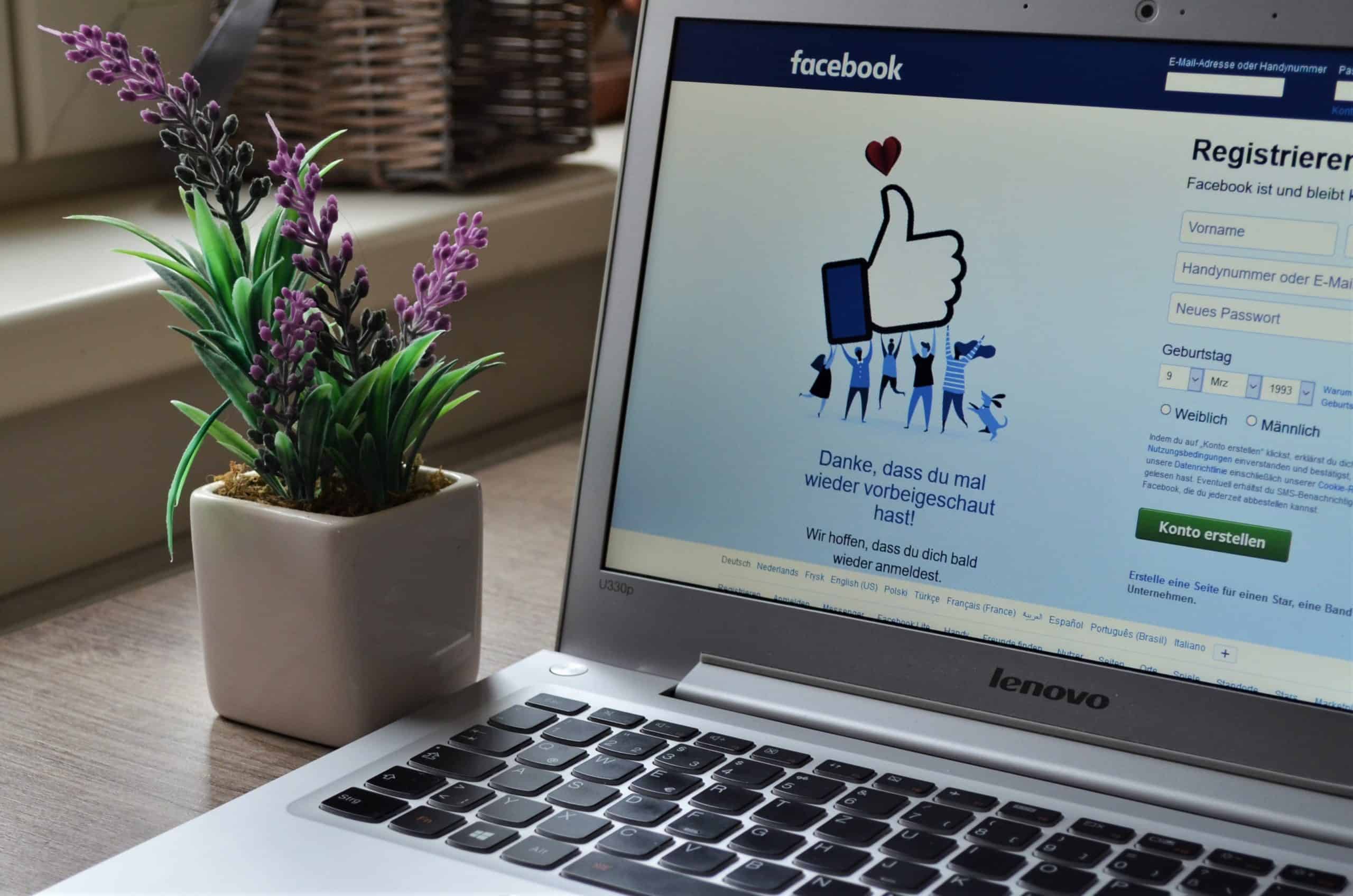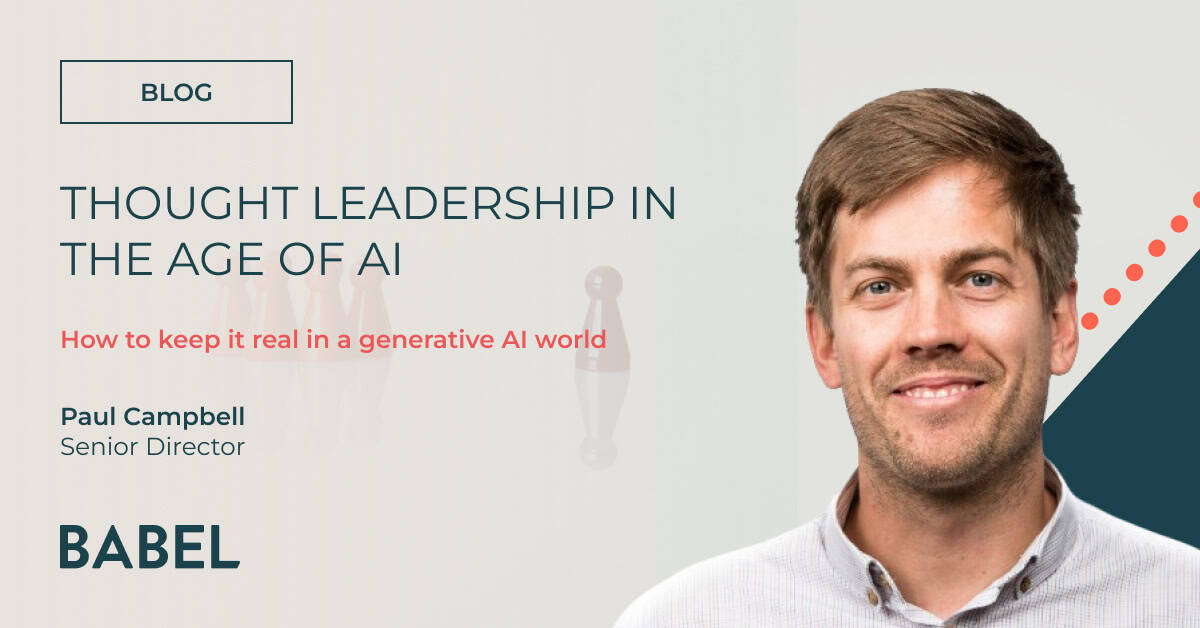
Why PR can’t operate in a vacuum
Zuckerberg is currently being put through the wringer. In the wake of a shock US election result, Facebook has been implicated as heavily influencing matters by allowing fake news. It’s understandably a major concern. The claim raises all sorts of questions about the role of social media as a tool to sway popular opinion for events in the future, and is probably a topic best addressed in a separate blog post. But it also opens up another issue associated with Facebook, Twitter, and the current media landscape when it comes to our perception of reality.
The problem is that most of us operate in a social vacuum. This has long been the case offline because we choose the people we have around us. As the old saying goes, we are the collective sum of the five people we spend the most time with. Yet is online a different matter?
I can understand why people argue that it is. Social media has made it easier than ever to reach almost anyone in the world, and we all experience this on a daily basis. Our Facebook accounts are filled with family and friends, but also other people we barely know, living vastly different lives to our own. Perhaps it’s that guy you met on a friend’s stag do who moved to New Zealand, or someone from a previous job that you haven’t spoken to in over a decade.
These people aren’t in your “real” social circle. Yet you could see their views and opinions on something as important as an upcoming election if you wanted to. It’s arguably easier on Twitter where you don’t even need to be friends. You can see the thoughts of anyone, which means your social feed has the potential to be filled with all manner of different views, backgrounds, and opinions.
The reality, however, is different. On social media, much like we do in real life, the vast majority of us surround ourselves with people who share a similar outlook to our own. It’s a problem on Twitter, certainly, where we all operate carefully crafted feeds of people to follow. But it’s so much worse on Facebook, as the network’s algorithm tailors your news feed to show more stuff from people who already have similar views to you.
The problem this holds for something recent, such as the US election, is obvious. It traps people in a bubble of promotional material, simultaneously robbing them of a balanced argument and limiting the number of other views from different sources they’re exposed to. It’s made even worse when you consider how 61% of millennials use Facebook as the prevailing source for news about politics and government. In an environment like this, it’s no surprise how tunnel vision can quickly set in.
It’s easy to see in hindsight, and the negative implications are clear. Yet, time and time again, the same thing happens to companies when it comes to their PR efforts. And while it’s proven to be a good thing for Trump in his campaign to become president, it’s not a good thing elsewhere.
It’s not uncommon to encounter companies that want to focus exclusively on a single target audience. A network equipment vendor, for example, will understandably want to reach telecoms media and also the relevant sector journalists at business titles. The problem with only adopting this approach, however, is not dissimilar to the issue I’ve outlined with social media and the US election – there’s a risk that tunnel vision can take hold.
Decision makers and the people you want to reach don’t always operate in the same media circles. Many will, but others won’t. Therefore, to give your message the best chance of being heard, and to get around the social vacuums we all operate inside, it’s important to extend that message to reach different audiences, verticals, and markets.
If you keep banging the same drum and shouting in the same publications, you’ll only ever get recognition from your peers and a small subset of the people you’re trying to reach. Not only will you miss out on getting through to new audiences, you’ll also risk missing some of the key decision makers you’re vying to target in the first place. It’s one (of many!) PR lessons to be taken from last week’s surprise outcome.





